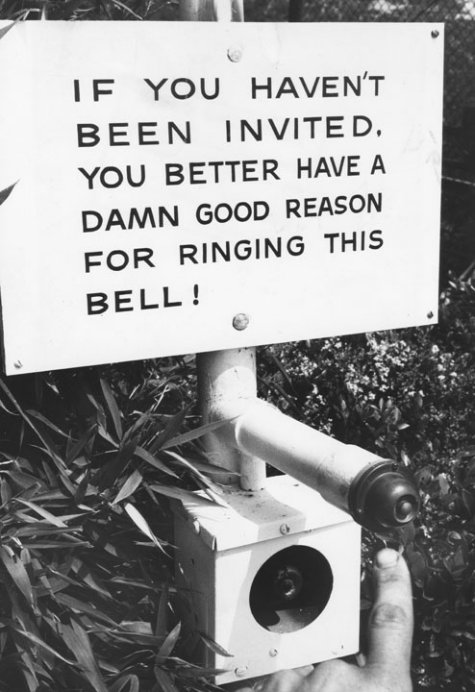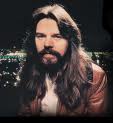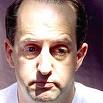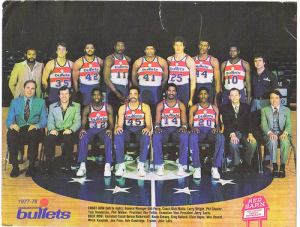This morning I walked my 9 year old son to school, (and proved, despite his assertions, that the walk was not actually 'Uphill in both directions'). As we approached the main entrance of the school the school's Principal was outside, greeting students and parents, asking questions, checking on two students that were attempting to raise the American flag, and generally and actively presenting a positive message of enthusiasm, encouragement, and in a way, acting like an old friend. Patrick - too cool for school
Patrick - too cool for school
At one point, as he was chatting with a student and her Mom (I am making an assumption it was her Mom, go with me on this), his phone rang. He glanced at it quickly, silenced the ringing, and continued to talk with the student and parent, while keeping one eye on the flagpole, one on the buses unloading, and the third one on the back of his head on people entering/exiting the doors.
Yes, the kids are right, the principal really does have eyes in the back of his head.
What was telling to me was how the principal was so out there, so up front, outside the school before the 'official' start of the day making sure that for as many students as possible their first interaction with school was going to be positive, welcoming, and in a way comforting.
It is the middle of May, these 3rd, 4th, and 5th graders are mostly probably sick of school at this point, counting down the days to summer break, tired of the routine and the teacher, and maybe even their classmates. A random Thursday in May can't seem to be all that exciting to them.
The principal knows this, I am sure, and in this small way, by being the physical face of the school, by showing his engagement, attention, and genuine interest in the students and parents that he encountered outside the building he works to combat the natural disengagement of the average 10 year old.
I am out here, I am interested in you, I want you to succeed, I will encourage you to achieve.
I am not sure if that message, delivered in less than 30 seconds by the principal, actually impacted my 9 year old this morning, but it made an impression on me.
I am sure in the time he spent outside with the student and parents, being a kind of cheerleader to some extent, the calls, emails, voice mails were piling up in his office. I am sure he has to find time to read, reply, forward, comment on many hundreds of messages each day.
But for me, by taking a few minutes to connect with students before they walk in the door, seems much more valuable than anything he could of been doing tucked away in the dreaded 'Principal's Office'.
This is an ineffective blog post, since I don't really have a 'call to action' I suppose, just an observation of a leader trying to inspire and encourage in an environment where the 'followers' can be really tough to motivate.
Maybe my 9 year old was not inspired, but I was. Hat's off to Principal Hall.
 Sign outside Frank Sinatra's residence circa 1965
Sign outside Frank Sinatra's residence circa 1965
 Steve
Steve





